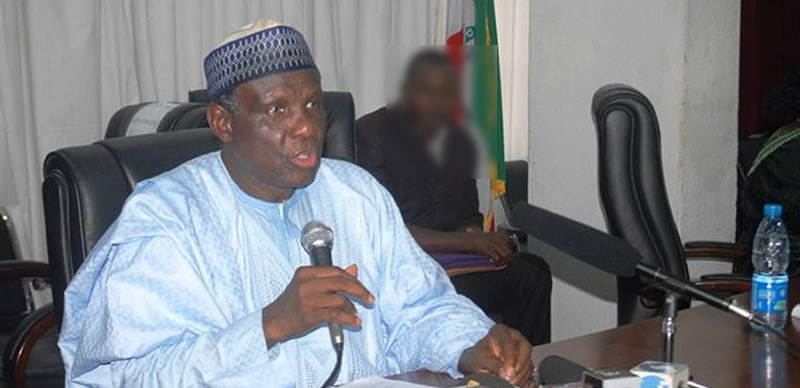Professor Jerry Gana, a founding member of the Peoples Democratic Party (PDP), has made a bold assertion regarding the potential electoral success of Peter Obi, the former governor of Anambra State, had he remained within the PDP. Gana, speaking on Arise TV, confidently claimed that Obi, running on the PDP platform, would have triumphed over any opponent in Nigeria’s northern states. He based this assertion on his research and understanding of public opinion, emphasizing the fairness and open-mindedness of the northern populace. This statement carries significant weight given the political landscape of Nigeria, where the northern region constitutes a substantial voting bloc and often plays a decisive role in national elections. Obi’s eventual departure from the PDP to lead the Labour Party in the 2023 elections makes Gana’s claim a hypothetical scenario, raising questions about what could have been.
Gana’s statement also underscores the complex interplay of regional politics, party affiliations, and individual candidate appeal in Nigeria. While Obi enjoyed considerable popularity across the country, particularly among the youth, his decision to leave the PDP inevitably altered the political dynamics. The PDP, once the dominant force in Nigerian politics, struggled to maintain its cohesion and strength in the 2023 elections. Obi’s departure, along with other internal conflicts, contributed to the party’s weakened position. Gana’s claim suggests that Obi’s presence within the PDP might have significantly altered the party’s trajectory and possibly even the outcome of the elections.
Gana also reminisced about the PDP’s foundational principles and its historical significance in Nigeria’s transition to democracy. He emphasized the party’s grassroots origins, highlighting its widespread presence across the country, even at the polling unit level. This strong grassroots mobilization, he argued, was crucial to the PDP’s success in the 1999 elections, which marked the return to civilian rule after years of military dictatorship. The PDP’s victory in the presidential, senatorial, and House of Representatives elections solidified its position as the leading political force in the nascent democracy. Gana’s narrative seeks to remind Nigerians of the PDP’s pivotal role in restoring democratic governance and its initial commitment to empowering the people, echoing the party’s slogan, “Power to the people.”
However, the PDP’s journey has been marked by internal conflicts and power struggles, particularly in recent times. Gana, while acknowledging these issues, downplayed their extent, suggesting that the recent conflicts were primarily confined to a small group of elites within Abuja and did not significantly impact the party’s overall structure or grassroots support. This portrayal of the internal disputes as limited in scope contrasts with the public perception of a party grappling with factionalism and internal divisions. Gana’s statement appears to be an attempt to project an image of stability and unity within the PDP, possibly aimed at reassuring party members and the wider public.
Gana’s comments also touched upon the sensitive issue of zoning within the PDP, a principle intended to ensure equitable representation across different regions of the country. He indicated that the party’s zoning arrangement would favor a northern candidate in the 2031 presidential elections, implying that the PDP adheres to a rotational system for its presidential nominations. This statement underscores the importance of regional balance in Nigerian politics and the ongoing efforts to manage the diverse interests and aspirations of the various ethnic and regional groups within the country. The zoning principle, though often contentious, is seen as a mechanism to prevent the dominance of any single region and to promote a sense of inclusivity in the political process.
In essence, Professor Jerry Gana’s statements offer a multifaceted perspective on the Nigerian political landscape, focusing on the PDP’s historical role, internal dynamics, and future prospects. He highlights the party’s grassroots strength, its contribution to democratic restoration, and its internal mechanisms for power-sharing. His claim about Peter Obi’s potential success within the PDP adds a layer of intrigue to the analysis of the 2023 elections and raises questions about the strategic choices made by key political figures. Gana’s narrative also reveals the enduring significance of regional politics, the importance of balancing regional interests, and the challenges of maintaining unity and stability within a large and diverse political party like the PDP.














